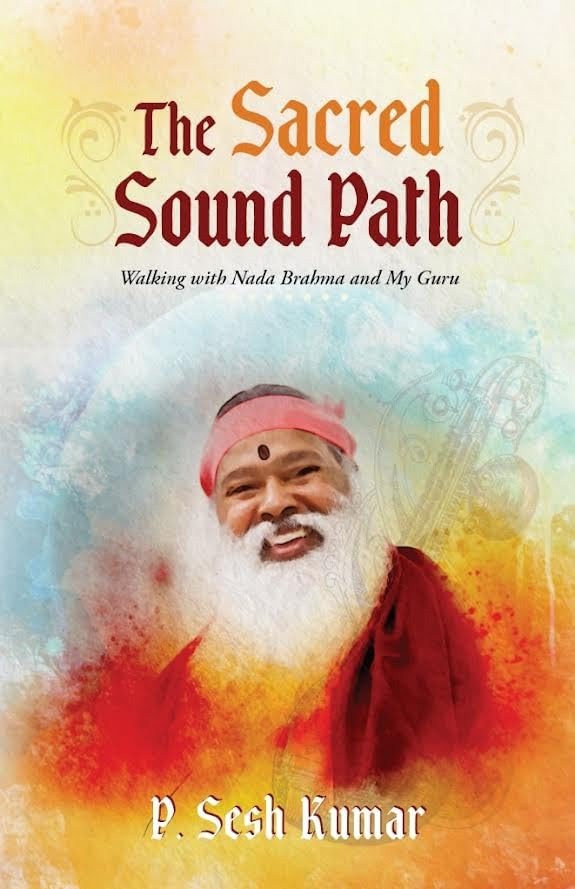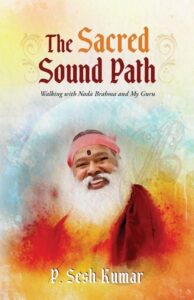Aurangzeb row: Hindutva warriors must avoid culture wars
A nation committed to becoming viksit in a quarter of a century must avoid culture wars and violent fanaticism
Mahesh Anand | March 20, 2025 7:57 pm

Aurangzeb (Courtesy: Wikimedia)
The champions of Hindutva hate Aurangzeb, which is not surprising because the Mughal emperor was indeed a vile, bigoted character; he terrorized and oppressed Hindus and Sikhs, imposed the hated jaziya tax against them, and treated his enemies brutally. The movie, Chhaava, on the life and death of Sambhaji Maharaj, the second ruler of the Maratha Empire, underlines Aurangzeb’s cruelty. But in their bid to right the historical wrongs, what the saffron brigade is indulging in does not cover it in glory.
Many Hindutva bodies are clamoring to remove Aurangzeb’s tomb, triggering tensions and law and order problems in Maharashtra’s Sambhajinagar. The Archeological Survey of India (ASI) has to cover the 18th century structure with tin sheets. This has been done in the aftermath of vandalism and violence in Nagpur earlier this week
This reactionary approach to historical grievances is counterproductive and threatens communal harmony. History cannot be rewritten through destruction. Erasing physical remnants of Aurangzeb’s legacy will not change the past; it will only fuel present-day divisions and fosters an environment of intolerance.
The Hindutva brigade must recognize that by inflaming religious passions, they are engaging in a dangerous political game. The Bharatiya Janata Party (BJP) and its ideological parent, the Rashtriya Swayamsevak Sangh (RSS), must act responsibly rather than trifle with religious sentiments for electoral gains. Encouraging mobs to seek retribution for historical wrongs is a regressive tactic that undermines democratic values and social cohesion.
Academic research and historical introspection should guide our understanding of figures like Aurangzeb, not mob-driven and ideologically-motivated narratives that serve political interests.
Intoxicated with the recently gained power and influence, Hindutva warriors are unable to realize that they are setting a dangerous precedent. If one historical emperor’s tomb is deemed unacceptable today, another king’s monument could be the target tomorrow of some proponents of some other ideology. The quarrels of the past may occasion endless culture wars and cycles of retaliation and revisionism.
Dialogue and discussion, not demolition and vengeance, are the hallmarks of democracy. A nation committed to becoming viksit (developed) in a quarter of a century must avoid culture wars and violent fanaticism.






























